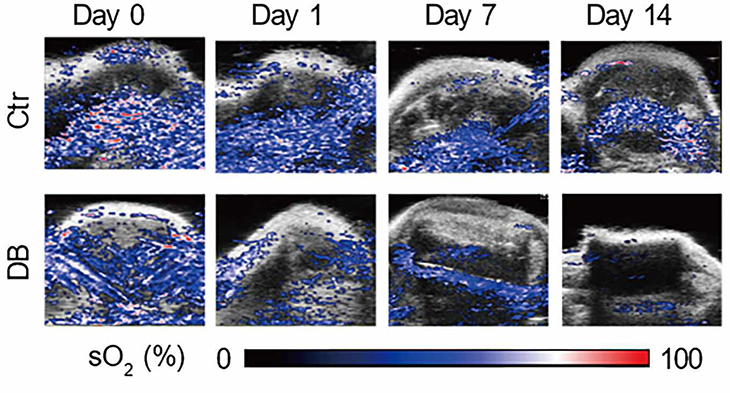
South West News Service and New Scientist reported that a recent study has made a breakthrough in cancer treatment using a tiny implant. This innovative approach has shown amazing potential in effectively targeting breast cancer tumors in mice.
The study involved the use of a self-charging battery that enabled a new class of medications to kill the tumors, taking just two weeks to kill them off while allowing healthy tissue to remain unharmed.
The process involved injecting salt water into the area surrounding the tumor, causing the battery to consume oxygen. As a result, it would single out the cancer cells, creating a condition that’s called hypoxia.
In creating a hypoxic environment, the battery majorly boosts the efficiency of the HAP cancer medications – or hypoxia-activated pro-drugs – which work to exploit this particular trait by killing just the hypoxic cells. In previous years, no HAPs were approved for clinical use due to very little evidence of their efficacy.
Lead author of the study, Professor Fan Zhang of Fudan University in Shanghai, China, said,
“After 14 days, the Tumors in the five mice that received both the working battery and HAP treatment had decreased by an average of 90 percent, with four of these mice experiencing complete tumor disappearance.”
On the other hand, the tumors in the other mice groups either stayed the same size or continued to get bigger.
The research was conducted by a Chinese team who implanted the tiny device into the armpits of 25 lab rodents with breast cancer. The mice were divided into different groups, with some receiving no treatment, some receiving HAP drugs only, some having a non-functional implanted battery, and some receiving the working battery.
The self-charging battery demonstrated an impressive capability, as it could operate within mouse tissue for up to 500 hours, producing very low voltage electricity at that.
Professor Zhang also shared, “The battery can cover the Tumor and persistently consume the oxygen within it for more than 14 days, which is much longer than previous agents that worked for, usually, not more than two days.”
“Hypoxia-activated prodrugs aim to take advantage of this feature by only targeting hypoxic cells—minimizing damage to healthy cells and reducing side effects,” said Zhang.
The study, which was published in Science Advances, received some reviews from Professor Randall Johnson of Cambridge University, who shared that by introducing hypoxia to the tumor may rather increase the risk that the cancer will spread, rather than kill it.
“While this didn’t appear to occur in these mice, the costs and benefits of the battery’s use in people needs to be assessed before any human treatment,” he explained.
This groundbreaking study brings hope for future cancer treatments, highlighting the potential of this novel approach to combat breast cancer specifically. However, because the research is still in the preliminary stages, the need for further investigation and testing is still required to see whether this will truly become a possibility in the future.



